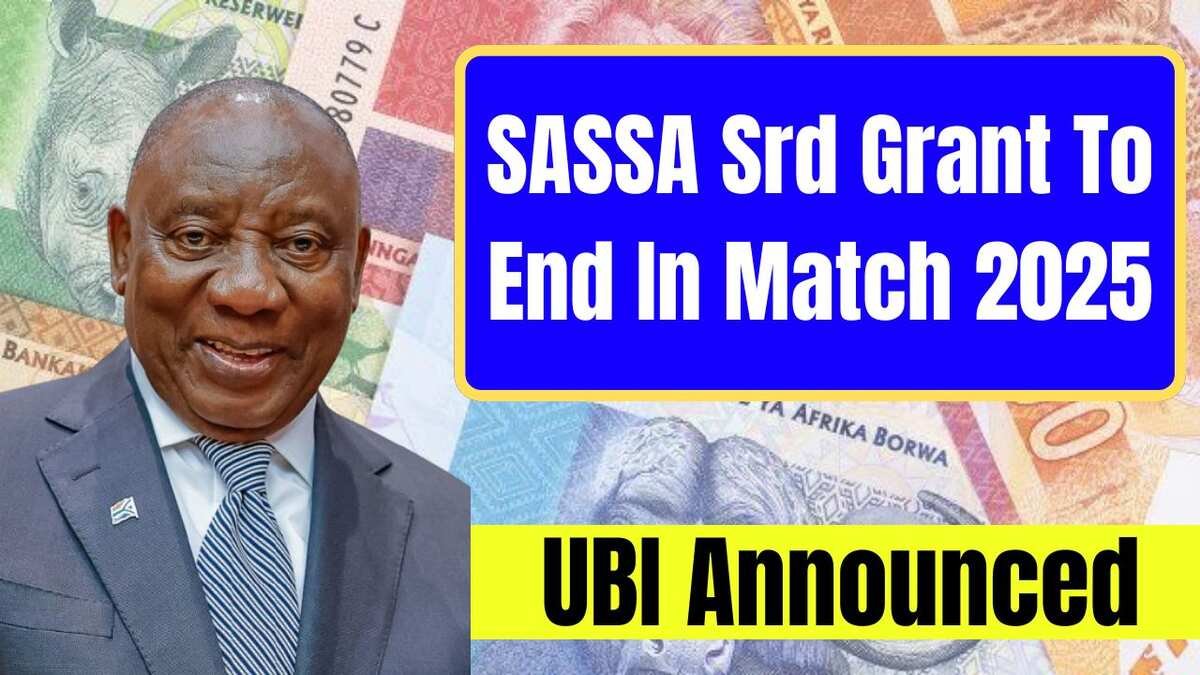Thus, the government introduced the UBI intending to replace the Special Relief of Distress (SRD) Grant, as the SRD will soon come to an end in March 2025. Such release is significant in enhancing the economic development struggles caused by the rapid-growing unemployment and poverty in South Africa. It had hitherto been the SRD Grant, which has been extended very generously to cover more and more millions of South Africans, especially those among their unemployed masses. The prior introduction of this grant was under special circumstances related to the current pandemic facing the world and was specifically aimed at support for those who could be his severest victims. With this introduction of UBI, it is another success and step forward towards building a permanent social assistance intervention in such an area by this time.
The End of the SRD Grant
The SRD Grant has been one of the most important lifebuoys thrown to the most vulnerable in South Africa since its inception in 2020. This grant, for example, of R350 a month, has been set aside for those who have lost their jobs or are not receiving any other social grants and whose income falls below a certain threshold. The economic landscape continues to change, and therefore the government decided to completely abolish the SRD Grant by March 2025.
Thus, the end of the SRD Grant heralds a new approach by government in dealing with poverty and unemployment. While the SRD Grant will continue to be relevant until its expiry, applicants need to brace themselves for transitioning to a more sustainable income support model.
What does UBI stand for?
The vision is basically Introduction of Universal Basic Income: every single citizen in position to guarantee them a minimum income with or without the job or income. This is a great step toward reducing serious inequality and this guarantees everybody in the society, rather basic standard of living. Whereas the SRD Grant has been limited to a specific group category of unemployed citizens, the scope of the UBI will indeed be universal and inclusive to every adult in South Africa.
The important part of UBI is that it will give benefit to every South African above specific age-not below 18 years-and in this case would not need to consider means or eligibility. An amount will be that must be sufficient to cover minimum basic needs, although that value has yet to be decided. Advocates of UBI argue that it alleviates poverty and increases economic participation and equality among South Africans.
Moving On From Srd Grant To Ubi
The understanding that the introduction of UBI would lead to a complete overhaul of the social safety net is made clear in the announcement itself. South Africans who at the moment depend on SRD Grant must prepare for the transition by ensuring they comply with the eligibility and registration requirements for UBI.
Before the actual start of UBI, promises were made by government officials about more information in future regarding how citizens could apply or register for the new scheme. As the last touches are being done on the details, it is expected that the UBI will replace the SRD Grant and so continue full financial provision to all South African adults.
What This Means for SRD Grant Recipients
This states that for the SRD Grant recipients, come 2025, there will be no more R350 cash payments. So, what do you do now? Keep tabs on the roll-out of the new UBI program to guarantee a smooth transition. Other information, such as the registration process and eligibility as well as amount paid to be received under the UBI, will be available in official government channels.
Also Read: SASSA SRD Grant Updated for 2025: Check New Payment Amount and Details
